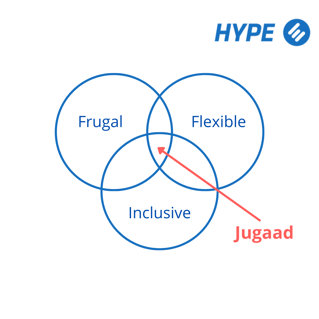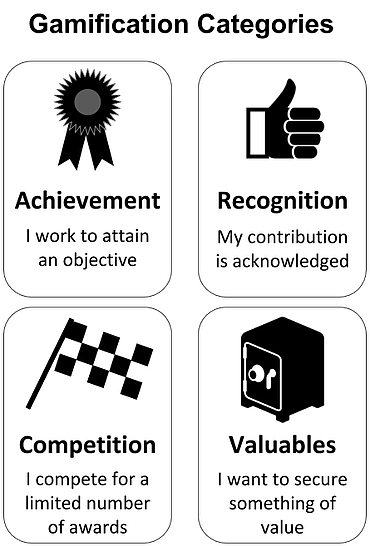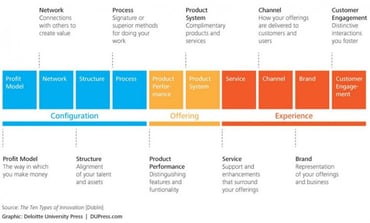Founded in 2003 by TED fellow Jessica Mayberry, Video Volunteers is an international not-for-profit media organization that empowers the voices of the world's unheard (and often poorest) communities.
It does so by equipping women and men in underdeveloped areas with the journalistic and creative skills they need to create impactful media productions on the issues that matter to them the most. From struggling educators, local government corruption, and slum clearances to tribal rights (i.e. village independence threatened by corporations), deforestation, and illegally privatized water supply issues, video activists of all ages learn to expose underreported yet crucial tales. Training, access to a flip camera, a sharing platform, and eagerness to investigate, are the basic tools volunteers employ to retrieve valuable news content. But content is only a fraction of the story – above all, volunteers learn to take action and right the wrongs of poverty, injustice, and inequality by sharing the footage they create.
Video Volunteers' current progress is particularly inspiring. Not only does Ms. Mayberry’s approach continue to be a powerful example of a highly innovative, award-winning business model that accelerates social change, but its use of inexpensive technology to remedy some of the most distressing social issues in India also makes the case for "Jugaad innovation”.
What is Jugaad Innovation and what sets it apart from other models?
According to Navi Radjou, Jaideep Prabhu, and Simone Ahuja, authors of the bestseller "Jugaad Innovation: Think Frugal, Be Flexible, Generate Breakthrough Growth", the term refers to the ability to produce considerably more business and social value while significantly reducing the use of scarce resources. In essence, a “do more with less” approach to new products, services, business, or process creation but one with considerably broader implications.
In fact, doing more with less is only one of the six principles mentioned by the authors. The remaining five include:
- Seek opportunity in adversity;
- Think and act flexibly;
- Keep it simple;
- Include the margin;
- Follow your heart.
Undeniably, the formal recognition of Jugaad innovation – "jugaad" is originally a Hindi word meaning “innovative fix” - could not have arrived at a better time. The “Age of Austerity” is pressuring organizations to produce offerings at once affordable, sustainable, and of high quality, the frugal innovation mindset becomes the ideal approach.

How to implement the Jugaad approach in your company?
To implement Jugaad's innovative approach in your company, there are a few proven tips to consider:- Start by developing a culture of creativity, ingenuity, and flexibility;
- Encourage your employees to think outside the box;
- Emphasize the importance of experimentation and learning from mistakes;
- Create open communication and use collaborative platforms to bring together different perspectives and generate ideas;
- Encourage your employees to take risks and look for unconventional approaches;
- Celebrate and recognize successful Jugaad innovations to inspire others;
- Constantly learn, adapt, and iterate based on feedback.
By leveraging Jugaad's innovations, your company can unlock tremendous untapped potential and ensure sustainable growth in a changing business landscape.

Jugaad Innovation Examples
To better understand what Jugaad innovation is and be inspired by the idea of doing more with less, it's worth looking at some real-life examples of Jugaad innovation.
Renault
The car manufacturer battled preference for domestic car brands in emerging markets. Its effort to carry out cost-effective innovation under severe resource constraints culminated in 2004 with the introduction of Logan, an affordable, robust, and well-designed car priced at merely 5,000 Euros. The success was imminent. First restyling (2012) now in place, the Logan remains Renault’s cash cow across European markets as well as in many emerging economies.
Unilever
Even more determined to deliver great impact with less is Unilever. In an account in the British press, the company’s CEO shared the Anglo-Dutch multinational’s ambition to halve the environmental impact of its products and to continue its commitment to bettering the lives of farmers who grow tea, tomatoes, palm oil, and the rest of the company’s agricultural raw materials. With operations indirectly causing 50% of tropical deforestation today, protecting its supplies' long-term sustainability has become critical. Unilever is therefore attempting to ensure 100% traceability of raw materials – chiefly palm oil for margarine - in the future and is rolling out plans to improve living conditions for people along the supply chain by teaming up with social entrepreneurs.
Sphero
But frugal innovation is not only about protecting and sustaining resources. It is equally about democratizing them. Take Sphero, an award-winning library of Electronics dubbed “LEGOs for the iPad generation.” With no soldering, no wiring, and especially no programming skills needed to use them, the founder and CEO of Sphero, Ayah Bdeir, believes her product "will move electronics from the late stages of the design process to its earliest ones, and from the hands of experts to those of artists, makers, students, and designers." The tiny circuit boards with specific functions engineered to snap together with magnets allow for endless creative expression while making innovation and education more accessible around the world. A perfect entwinement of Jugaad business strategy and design thinking.
And the examples continue. Whether it is through adjustable glasses or light in a plastic bottle, the flexible, frugal, and inclusive Jugaad innovation movement is inviting entrepreneurs, business leaders, representatives of government, and non-governmental organizations to remove the equal sign between scarcity and setback.
After all, in the Jugaad world, resource constraints are merely an excuse to indulge in deeper associative thinking and achieve a whole heap more by seeking opportunity in adversity (Video Volunteers), thinking and acting flexibly (Renault), keeping it simple (Sphero), including the margin (Unilever) and, of course, following one’s heart.








